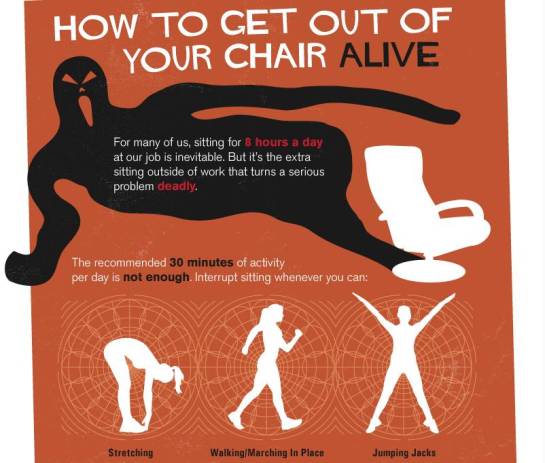 Do not drink your bottle gourd (‘lauki’ in Hindi) juice if it tastes bitter, it could kill you. This recommendation comes after some investigation by an experts’ committee.
Do not drink your bottle gourd (‘lauki’ in Hindi) juice if it tastes bitter, it could kill you. This recommendation comes after some investigation by an experts’ committee.
The death of 59-year-old scientist, Sushil Kumar Saxena, a deputy secretary in the Council for Scientific and Industrial Research (CSIR) in New Delhi in June 2010, spurred an investigation into the effects of the consumption of bottle gourd juice that is bitter. A spate of other deaths relating to the same were also uncovered.
This led to the formation of an experts’ committee on the ‘Safety of consumption of vegetable juices with special reference to ‘lauki.’ The committee was constituted by the Indian Council of Medical Research (ICMR) and held its second meeting in New Delhi on Sunday after it was formed this year in April.
The scientist, Saxena, had reportedly followed the advice of a baba who had advocated the merits of ‘lauki’ juice on his television programmes, stating that it was good for curing diabetes, among other health benefits. Saxena consumed the bottle gourd juice, as a mixture with bitter gourd (Karela in Hindi). He was hospitalised soon after but died prior to any treatment there.
His death was followed by reports of other deaths by the same cause. “Deaths from different parts of the country have been reported after some individuals consumed bottle gourd juice which was bitter. The advice would now be not to consume bottle gourd juice which is bitter,” an ICMR scientist said.
The expert committee that was formed by the ICMR will submit a report on their findings to the government next month. These results came after ICMR scientist G S Toteja called for information from clinicians who had treated lauki toxity cases, in a prescribed format. Members of the general public who had observed adverse effects after the consumption of the juice were also asked to submit their observations. Researchers with information on the benefits or toxic effects of lauki also submitted their work. After the committee submits its report, a campaign to create awareness on the harmful effects of consuming bottle gourd juice, if it is bitter, will be initiated, it is learnt.
According to an ICMR scientist, further research is also being initiated on bottle gourd. Some national laboratories and universities are being identified for the purpose of conducting further research at the insistence of the ICMR.
Several ‘gurus’ and ayurveda practitioners recommend the consumption of bottle gourd juice. This advice is followed by people who make the gourd juice at home, in a bid to control diabetes. It has however been found that gourds, cucumbers, squash, pumpkins and melon may contain the chemical compound Tetracyclic Triterpenoid Cucurbitacin, which causes bitterness. This can be toxic and could prove fatal, especially if consumed in large doses.










